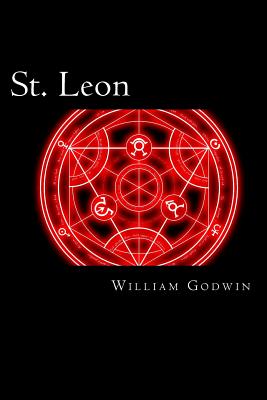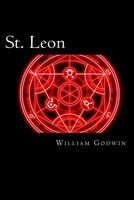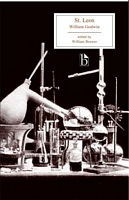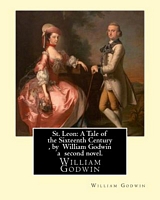- Welcome to FictionDB, Guest
- | My Account
- | Help

St. Leon — William Godwin

Set in Europe during the Protestant Reformation, 'St. Leon' relates the travails of an impoverished French aristocrat, Count Reginald de St. Leon, who obtains the philosopher's stone and the elixir of immortality, elixir vitae, from a mysterious stranger named Francesco Zampieri. In this philosophical fable, endless riches and immortal life prove to be curses rather than gifts and transform St. Leon into an outcast. St. Leon becomes an alchemist who can create gold and who possesses immortal life. As a result, his son Charles rejects him, he is separated from his daughters, and his wife Marguerite de Damville becomes impoverished and dies. He is the target of German authorities and the Spanish Inquisition. He also encounters a Hungarian misanthrope named Bethlem Gabor. William Godwin's second Gothic novel explores the predicament of a would-be philanthropist whose attempts to benefit humanity are frustrated by superstition and ignorance. The novel explores the themes of immortality, the domestic affections, and alchemy. The novel is a radical experiment in fictional genres. Into a historical novel of vast range and violence Godwin melded elements of the domestic novel, the philosophical novel, and the scientific fantasy. More relentlessly than the earlier 'Caleb Williams', this novel tests Godwin's philosophical premises to destruction, showing the importance -- and failure -- of family affections and the disintegration of effective social responsibility. Please note that this is NOT a facsimile but a modern edition of this great novel.
Genres
Click on any of the links above to see more books like this one.


